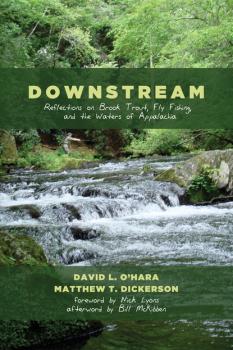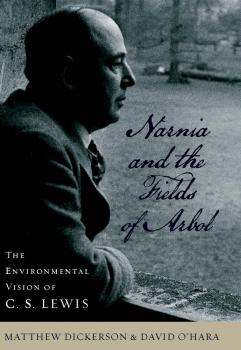ТОП просматриваемых книг сайта:
Matthew T. Dickerson
Список книг автора Matthew T. DickersonАннотация
Downstream: Reflections on Brook Trout, Fly Fishing, and the Waters of Appalachia is a mosaic combining nature writing, fly-fishing narrative, memoir, and philosophical and spiritual inquiry. Fly-fishing narratives and fragments of memoir provide the narrative arc for exploring relationships between humans and rivers, and the ways in which our attitudes and philosophies impact our practices and the waters we depend on for life. The authors guide their readers on a journey from Maine's Androscoggin watershed–once one of the ten filthiest rivers in the United States and now home to some of the best wild brook trout fishing in the United States–southward through Kentucky into Tennessee and North Carolina, where a native southern strain of brook trout struggles to survive. Like the rivers themselves, the chapters alternate between flowing narratives and the stiller waters that settle out above dams. While each stone in this mosaic is worth a close look in its own right, seen from a distance the book offers a broader picture of the cold mountain waters of Appalachia and their famous native fish: the brook trout.
Аннотация
Are humans just complex biochemical machines, mere physical parts of a causally closed materialist universe? Are we approaching the so-called «Singularity» when human consciousness can (and will) be downloaded into computers? Or is there more to the human person–something that might be known as soul or spirit? As this book makes clear, the answers to these questions have profound implications to topics such as heroism, creativity, ecology, and the possibility of reason and science. In exploring this important topic, Dickerson engages the ideas of some well-known twentieth- and twenty-first-century espousers of physicalism, including philosopher Daniel Dennett (Consciousness Explained), biologist Richard Dawkins (The God Delusion), futurist-engineer Raymond Kurzweil (The Age of Spiritual Machines), psychologist B. F. Skinner (Beyond Freedom and Dignity), and mathematician-philosopher Bertrand Russell (Why I Am Not a Christian). Through a careful reading of their works, Dickerson not only provides a five-fold critique of physicalism, but also offers a Christian alternative in the form of «integrative dualism,» which affirms the existence of both a physical and spiritual reality without diminishing the goodness or importance of either, and acknowledges that humans are spiritual as well as bodily persons.



